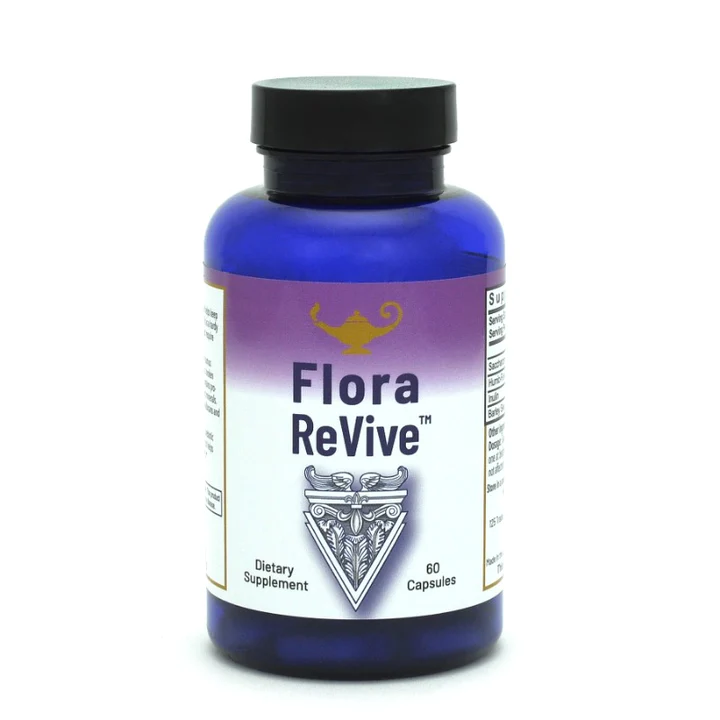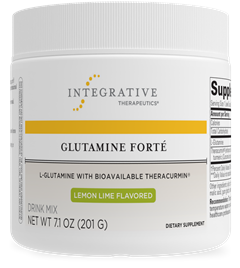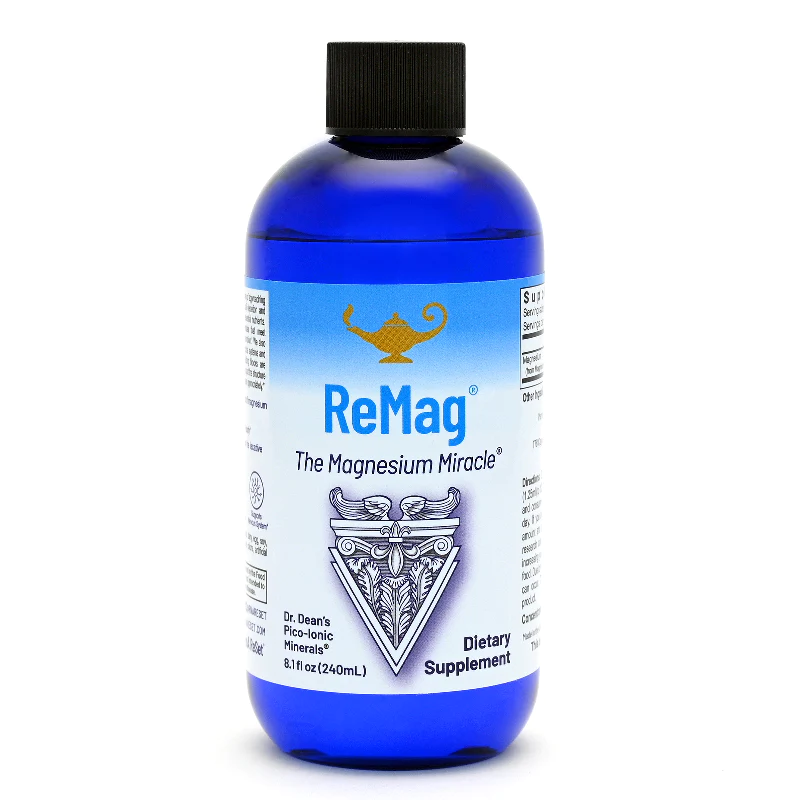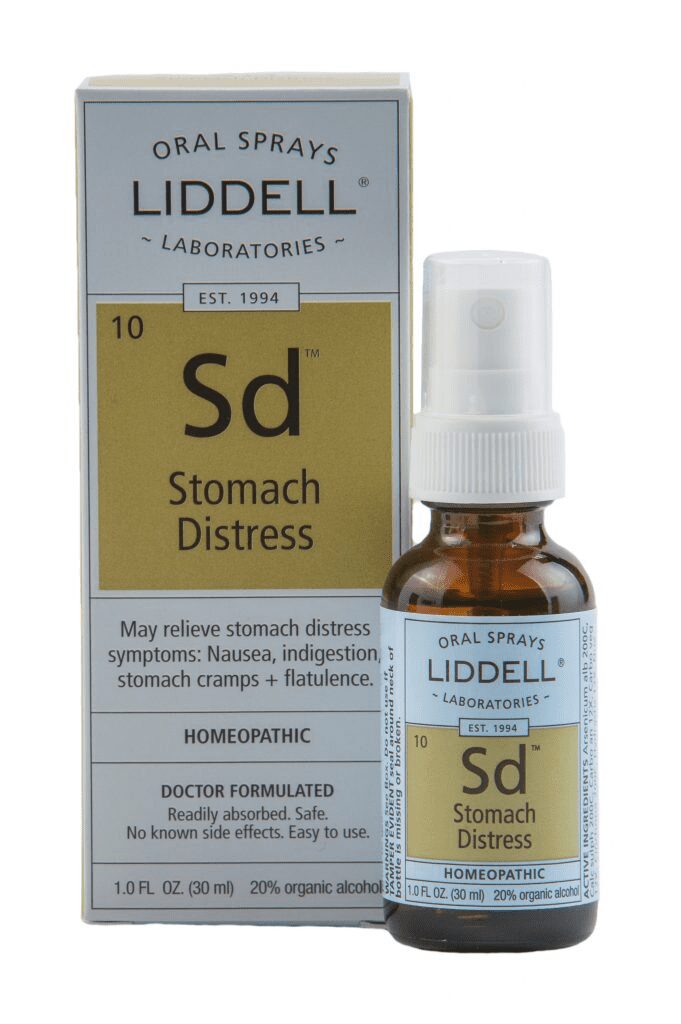D-Limonene 10 softgels 79110
D-Limonene uses a patented orange peel extract to deliver relief from occasional heartburn in a softgel that only needs to be taken every other day.*
Ingredients
** Daily Value (DV) not established
†Percent daily value is based on a 2000 calorie diet
Other Ingredients
gelatin, glycerin, water
D-Limonene Does Not Contain
- Sugar
- Salt
- Yeast – Derived Ingredient
- Gluten
- Corn
- Soy
- Dairy Products
- Artificial Colors
- Artificial Flavors
- Wheat
- Preservatives
Other Details
UPC: 00871791004238
FOR RELIEF OF OCCASIONAL HEARTBURN*
Directions
D-Limonene Directions and/or Dosage
Upon first experiencing symptoms, take one softgel every other day for 20 days, and one softgel as needed for occasional relief thereafter. Recommendations by your healthcare professional may be different. Best if taken at least one-half hour before or after meals, with water or your favorite beverage. Do not bite or open softgel, swallow whole.
Warning
When taken in combination with other immune therapies, consult your healthcare professional for recommended dosage.
Do not use if you are pregnant, nursing, have gastritis or peptic ulcer disease. If taking prescription drugs, consult your healthcare professional prior to use.
Store in a cool, dry location.
FAQs
-
A. While D-Limonene was formulated to be taken every other day, it can be safely taken daily as well.
-
A. No, D-Limonene must be swallowed whole. We do not recommend opening the capsules and mixing the contents with food or liquids as the volatile oil in this product could irritate the throat.
-
A. Although the D-limonene found in D-Limonene is 98.5% pure, because it is from citrus fruit peel, it is possible that it may contain some citric acid. This amount should be very small and is unlikely to cause irritation except in those who are extremely sensitive.
-
A. Limonene is a chiral molecule. That is, it exists in two forms as mirror images (e.g., human hands are an example of chirality). Most chiral molecules are found in one form in nature, and D-limonene is the naturally occurring form of limonene. We are not aware of any synthetic limonene preparations on the market as D-limonene is found in citrus fruits and a variety of other plants. Furthermore, the compound is a terpene and is not particularly easy to produce synthetically.
-
A. No, D-limonene is not recommended for individuals who have ulcers or suspect they have ulcers. D-limonene can irritate an open wound and result in a burning sensation.







